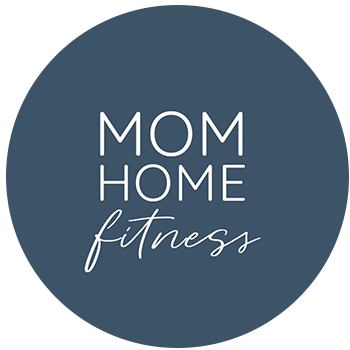

Incontinence and Postpartum Depression: Understanding the Link
Incontinence is more than just a physical issue—it can have a profound impact on your mental health postpartum. Recognizing the possible connection between incontinence and mental health issues like postpartum depression and anxiety is the first step toward healing.

Embracing Your Postpartum Body: A Journey of Self-Love
When you approach fitness with a mindset of self-love, you’re more likely to set realistic goals, enjoy the process, and stay motivated. This approach can help you appreciate the changes in your body while working toward improved strength and health, making your fitness journey so much more rewarding and sustainable.

Finding Your Fitness Routine
A great starting point is to reframe your approach to fitness—initially, focus on simply getting some movement in, rather than aiming for a full workout. This shift in perspective can make it easier to incorporate physical activity into your day without adding unnecessary pressure.

Postpartum Fitness Kickstart for the New Year!
Relearning or possibly learning how to establish proper breathing and posture for the first time, is one of the best things you can do for your body when you are newly postpartum.

Pelvic Floor Muscles: Weak or Tight?
In our journey to understand pelvic floor dysfunction it is crucial to question preconceived notions and embrace a holistic perspective.

Restoring Balance: Correcting Core and Pelvic Floor Muscle Imbalances
As a postpartum corrective exercise personal trainer, I understand the unique challenges that come with rebuilding strength after childbirth. By incorporating targeted exercises and fostering a mind-body connection, you can effectively correct muscle imbalances in the core and pelvic floor.

Understanding Tight Hip Flexors: A Guide to Relief
The adjustments of good posture are vital in reducing the strain on the hip flexors, encouraging proper breathing patterns, relieving incontinence, healing prolapse, and helping to close or strengthen a diastasis recti.

Getting to the Core of Postpartum Fitness: Regain Bladder Control at Home
By paying attention to your posture, practicing proper breathing techniques, engaging in pelvic floor muscle training, and making positive habit changes, you can regain control of your bladder and improve your pelvic floor health.

The Power of Hypopressives: A Holistic Approach to Pelvic Floor Health and Prolapse
Hypopressive exercises, or hypopressives for short, are a series of breathing and postural exercises designed to reduce intra-abdominal pressure and strengthen deep pelvic floor and core muscles.

A Guide to Postpartum Fitness for Moms Over 40
The body needs time to heal and adjust to the changes that have occurred during pregnancy, and it can be difficult to find the motivation to get back to any kind of movement. However, regaining postpartum fitness and function is achievable with the right guidance.
Ready to work with me?


